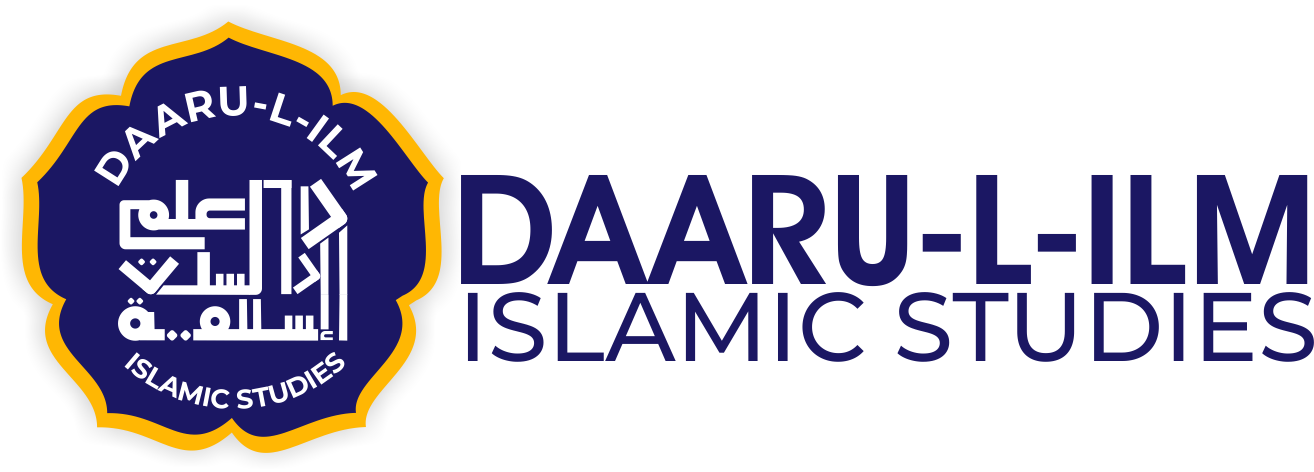IMPORTANCE OF KNOWLEDGE IN ISLAM

Knowledge is power, as the adage goes. The Quran makes numerous references to the significance of acquiring knowledge in Islam, beginning with the first revelation from Allah the Almighty to our beloved Prophet Muhammad. Regardless of their gender, age, race, social standing, or any other factor, all Muslims have a duty to seek knowledge. As members of the Ummah who are dedicated to the liberation of the community, we all have an equal right to education and the pursuit of knowledge.
Islamic role models throughout the Islamic Golden Age like Ibn Sina, Ibn Battuta, al-Khawarizmi, Al-Jazari, and others were created as a result of Islam’s emphasis on the value of seeking knowledge in order to advance various disciplines of knowledge and, inn sha Alloh, educate the entire world. They were among the forerunners of a number of intricate and cutting-edge fields of study, including medicine, astronomy, geography, psychology, and others.
If you pay attention, you’ll see that Allah frequently states that individuals who think and reflect—especially while using their intellectual faculties—will discover the signs that the ignorant miss. Continue to learn and explore the world’s treasures; there, you will find the magnificent Signs of Allah, the Almighty. Insha’Allah, pursuing knowledge can help you become more mature and wise as well as broaden your perspective on the world.
“Seeking knowledge is a duty upon every Muslim (and Muslimah)” [Prophet Muhammad ﷺ]
The blatant technology distraction that tempts us to waste our time on entertainment rather than seeking knowledge is one of the main challenges Muslims face today!
One of the most popular hadiths we come across at least once in our lifetime is the one about pursuing the knowledge mentioned above. The meaning of our duties as Muslims, which include seeking information wherever we may, is encapsulated in this hadith.



